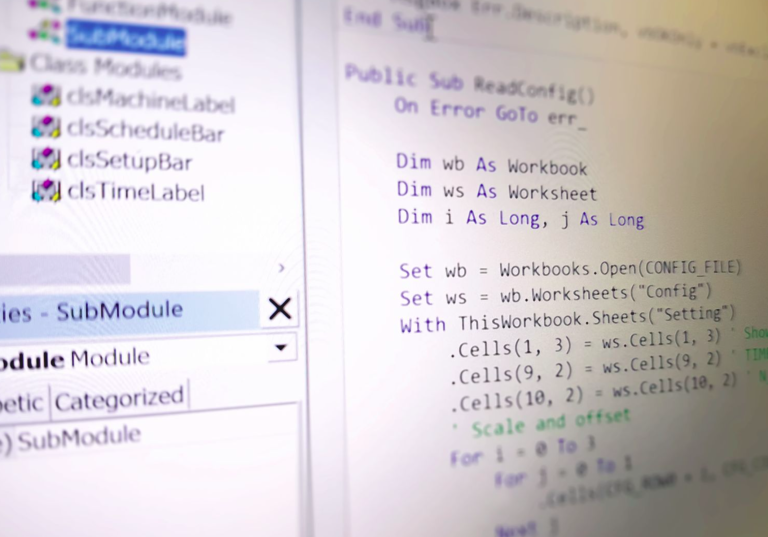How AI is Revolutionizing the Food and Beverage Industry 🍽️🤖
Welcome to the fascinating world of artificial intelligence! AI is not just a buzzword but a transformative force reshaping numerous industries. One area experiencing a significant makeover is the food and beverage sector. From enhancing customer experiences to optimizing supply chains, AI is bringing a fresh flavor to the table. Let’s dive into how AI is stirring up change in this delicious industry.
Table of Contents
1. Introduction to AI in the Food and Beverage Industry
2. Enhancing Customer Experiences 🍴
3. Optimizing Supply Chains 📦
4. Innovating Product Development 🥘
5. Ensuring Food Safety and Quality 🛡️
6. Conclusion
7. FAQs
Introduction to AI in the Food and Beverage Industry
Artificial intelligence, with its ability to process vast amounts of data and learn from it, is making a splash in the food and beverage industry. Whether it’s through smart kitchens, personalized dining experiences, or streamlined logistics, AI is offering efficiency and innovation like never before. Let’s explore these exciting developments.
Enhancing Customer Experiences 🍴
Imagine walking into your favorite restaurant where the staff already knows your dietary preferences, favorite meals, and even your mood-based choices. AI-driven systems are making this a reality by analyzing customer data to provide tailored dining experiences. Chatbots and virtual assistants are also stepping up, offering seamless reservation processes and answering queries in real-time, ensuring you have a delightful dining experience.
Optimizing Supply Chains 📦
Supply chain management is crucial for the food and beverage industry. AI is optimizing these processes by predicting demand, managing inventory, and reducing waste. Machine learning algorithms analyze past sales data and external factors such as weather patterns to forecast future needs accurately. This not only reduces costs but also ensures that your favorite products are always available when you want them.
Innovating Product Development 🥘
AI is pushing the boundaries of creativity in food product development. By analyzing consumer preferences and market trends, AI helps in crafting new recipes and products that are both innovative and in demand. For instance, AI systems can suggest ingredient substitutions for healthier alternatives or create entirely new flavor profiles by analyzing massive datasets of culinary information.
Ensuring Food Safety and Quality 🛡️
Food safety is a top priority, and AI is playing a pivotal role in maintaining high standards. AI-powered systems can detect contamination or spoilage by analyzing images and data from production lines. This means that potential issues can be caught early, ensuring that only the safest products reach consumers. Additionally, AI helps in tracking and tracing food products throughout the supply chain, enhancing transparency and accountability.
Conclusion
AI is undoubtedly transforming the food and beverage industry, bringing efficiency, innovation, and improved customer experiences. From personalized dining to ensuring the highest quality standards, the integration of AI is proving to be a game-changer. As technology continues to evolve, we can only expect more exciting developments on the horizon. Bon appétit to the future! 🍽️
FAQs
1. How is AI used in restaurants?
AI is used in restaurants for enhancing customer experiences through personalized recommendations, optimizing reservations, managing orders, and even automating kitchen operations for consistency and efficiency.
2. Can AI help reduce food waste?
Yes, AI can significantly reduce food waste by accurately predicting demand, optimizing inventory levels, and suggesting efficient use of ingredients in various recipes.
3. What role does AI play in food safety?
AI plays a crucial role in food safety by monitoring production lines for contamination, ensuring compliance with safety standards, and tracing products through the supply chain to maintain quality control.
4. How does AI contribute to product innovation?
AI contributes to product innovation by analyzing market trends and customer preferences to create new recipes and products, providing insights into flavor combinations and ingredient substitutions.
5. Is AI replacing human jobs in the food industry?
While AI automates certain tasks, it also creates new opportunities and roles focused on managing and optimizing AI systems. The technology enhances human capabilities rather than replacing them entirely.



